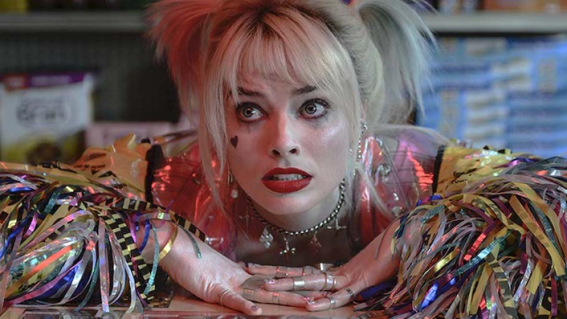Joker feints toward edginess, but comes off a little stale
Despite the complexities of its titular character, Joker is frustratingly juvenile.

Despite its Venice Film Festival award and the beat of an Oscar drum, Joker is kind of a mess, writes Amanda Jane Robinson.
Despite the complexities of its titular character, Joker is frustratingly juvenile.
The Joker’s whole deal is the chaotic lack of logic behind his acts, so exploring his origin story was always going to be complicated. Directed by Todd Phillips (The Hangover, Due Date, War Dogs), Joker is kind of a mess. A stylised Gotham City never once captures the magic of Phillips’ alleged cinematic references—Scorsese’s Taxi Driver and Akerman’s News From Home. The ways in which the film goes about hinting at a history of child abuse and the stigmatisation of mental illness without fully committing to the exploration of either of these themes is disappointing. The film’s tacit approval of reductive attitudes feints toward edginess, but ultimately comes off a little stale. Nothing Phillips tries to say here rings especially true.
Joaquin Phoenix does the best he can with the material he has, giving a graceful, entertaining performance as a villain more sad than disturbing. He totally nails the interiority of the character, though the charm of Heath Ledger’s Joker is keenly missed. Robert De Niro is great as late-night host Murray Franklin, who is at least given more characterisation than the thankless roles dished out to Zazie Beetz and Frances Conroy.
Obvious flashbacks, cruel jokes, and strange subplots muddy the waters of a story that never really seems to know what it wants to say. For all the warnings that the film may inspire anarchy and violence, I wouldn’t be surprised if Joker fades away quietly. If you want to watch a rejected loner with a history of trauma and a conflicted relationship with their mother make the world burn for how they were treated, try Carrie.
























